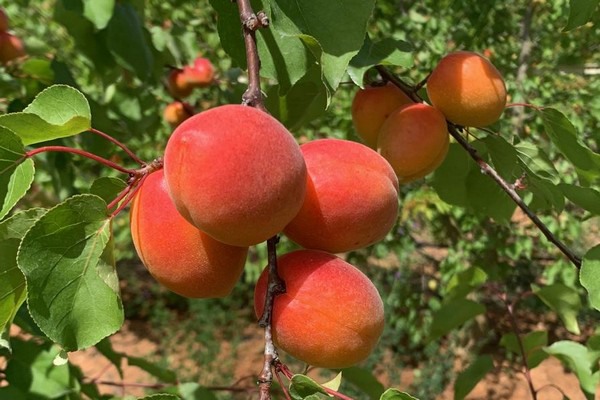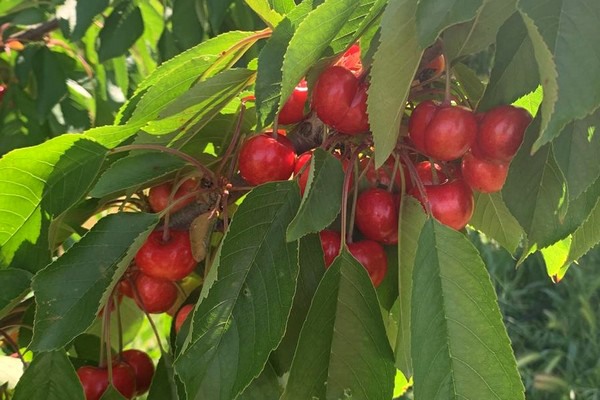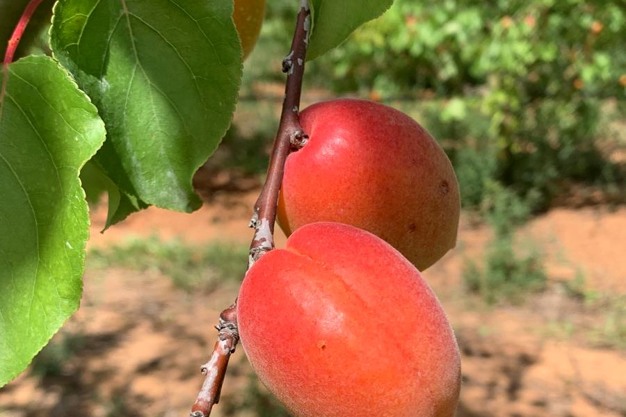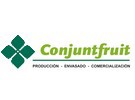The stone fruit campaign has already kicked off in the Spanish province of Lleida. "This year, we are a bit ahead compared to previous years. At Conjuntfruit, we already started with our apricots last week, and this week we will harvest the first cherries, of which we don't have a lot this year. In two weeks, by the end of May, we will begin to harvest the first peaches, nectarines and Paraguayo peaches," says Rodrigo Masip.

"This year, we are going to produce around 2.6 million kilos of stone fruit and top fruit. There have been some cold days, but the impact in our area has been minimal, and at this point in the campaign, there is no longer any risk of frosts, so we expect a good campaign and decent sizes."
"A new development in this 2024 fruit campaign is that we are going to be working with organic pears, with the prospect to harvest around 600 tons of the Williams and Limonera varieties by the end of July/beginning of August. We have also recently passed the audit for our plots' conversion to biodynamic production, and we hope to be able to market more fruit under the Demeter label this year."

Most of Conjuntfruit's stone fruit, both the organic and Demeter, is intended for export. "The biodynamic fruit is mainly shipped to Germany, although some goes also to Switzerland, France and Austria. For the organic, this year we have strengthened our sales team to give its marketing a boost at the national level and promote sales to supermarkets and large distributors, as well as consumer associations. In Spain, supermarkets are not working as much with organic products, and we see that their consumption has great potential for growth. As for consumer associations, we believe they are a key channel from the point of view of sustainability, and they are also building a direct connection between producers and consumers."
"As for consumption, it has dropped in general across Europe due to inflation, but not only for organic products, also for the conventional. We have already noticed it in Spain this winter with fruits like apples or pears, and we have also seen it at the end of the latest campaign in France, Switzerland or Germany. Despite greater stability at the moment, consumption and prices have still dropped there, especially for organic products."

"We need to make it clear to consumers that the prices of fresh products are going up because they need to go up. The costs at origin have also risen, and that's taking also into account the higher minimum wage, in an activity where labor accounts for approximately 50% of the production costs," says Rodrigo. "Through the CAP, the agricultural sector is subsidized with 32% of the entire European budget, which gives an idea of the importance that food production has for Europe. That should make us realize that fruits and vegetables are cheaper than they would be without the CAP aid. In fact, without that aid and operational funds, agriculture in Europe in most cases would simply be unviable. And yet, we still see cases of liquidations at prices that fall below the production costs."
 For more information:
For more information:
Conjuntfruit
Ctra. Vall d´Aran, Km. 6. 25123 Torrefarrera,
Lleida. Spain
Tel.: +34 973 590 180
Email: comercial@conjuntfruit.es
https://conjuntfruit.es
